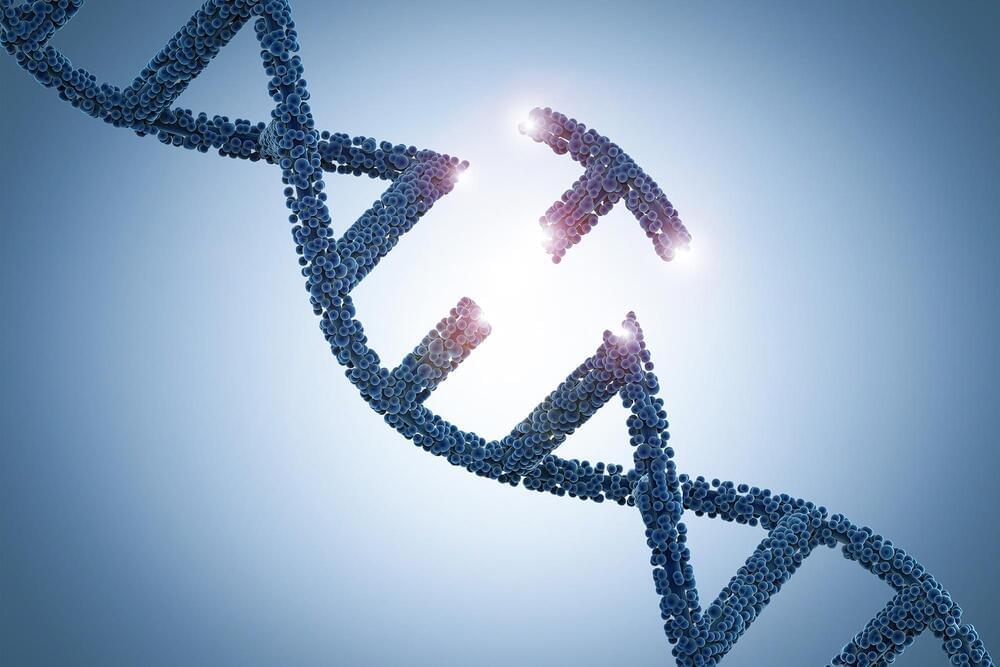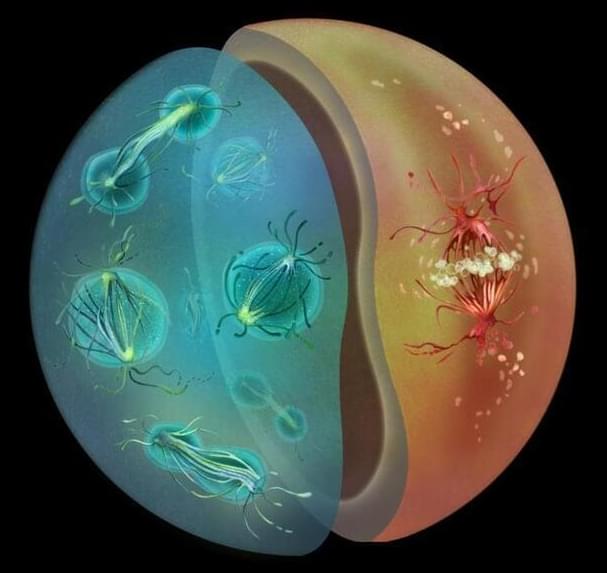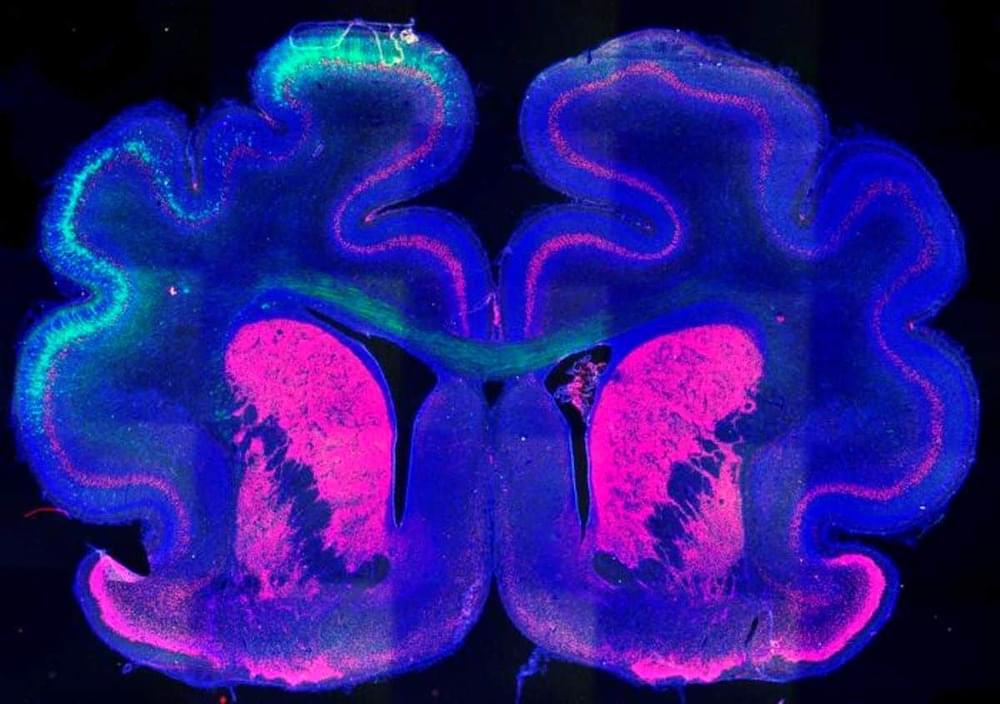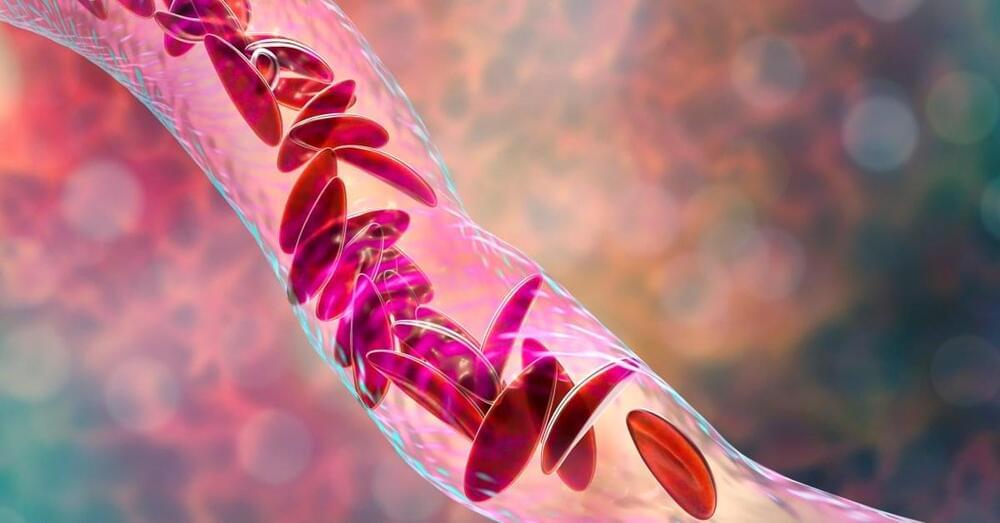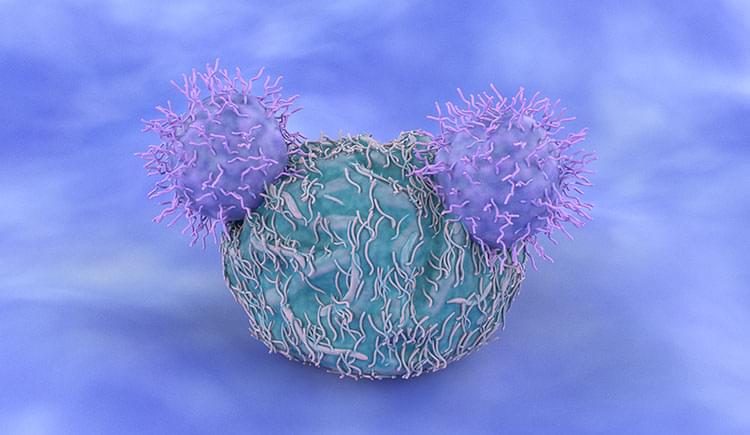The gene-editing technique employs prime editors along with advanced enzymes known as recombinases. This method has the potential to lead to universal gene therapies that are effective for conditions like cystic fibrosis.
Researchers at the Broad Institute of MIT and Harvard have enhanced a gene-editing technology that can now efficiently insert or replace entire genes in human cell genomes, potentially making it suitable for therapeutic uses.
The advance, from the lab of Broad core institute member David Liu, could one day help researchers develop a single gene therapy for diseases such as cystic fibrosis that are caused by one of hundreds or thousands of different mutations in a gene. Using this new approach, they would insert a healthy copy of the gene at its native location in the genome, rather than having to create a different gene therapy to correct each mutation using other gene-editing approaches that make smaller edits.
